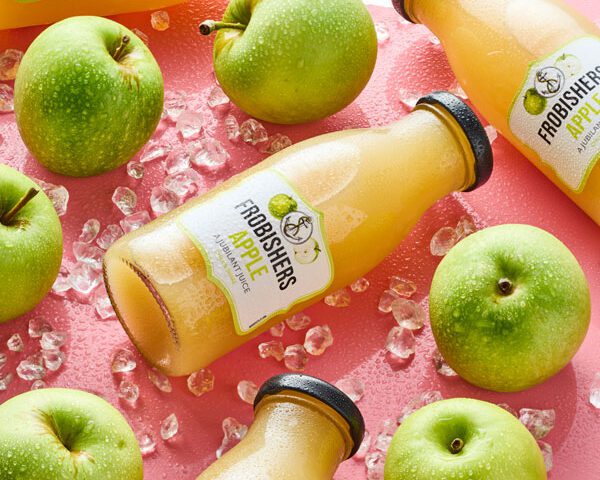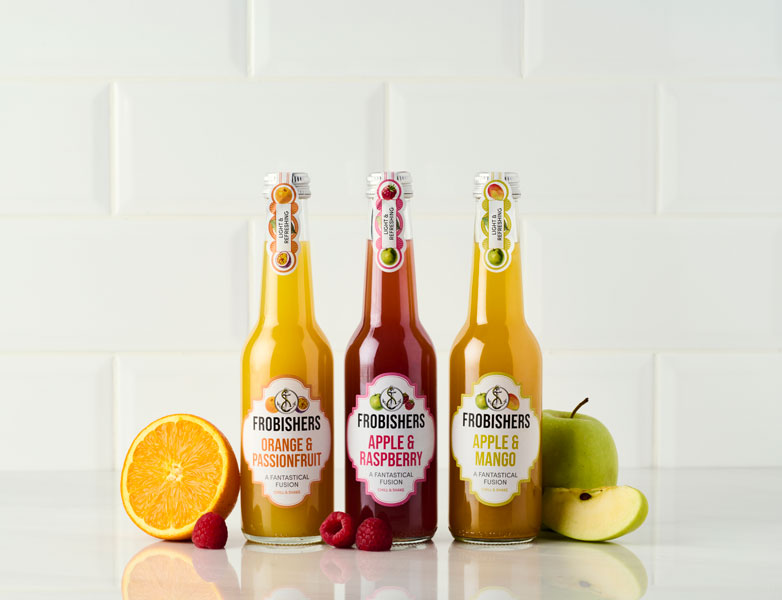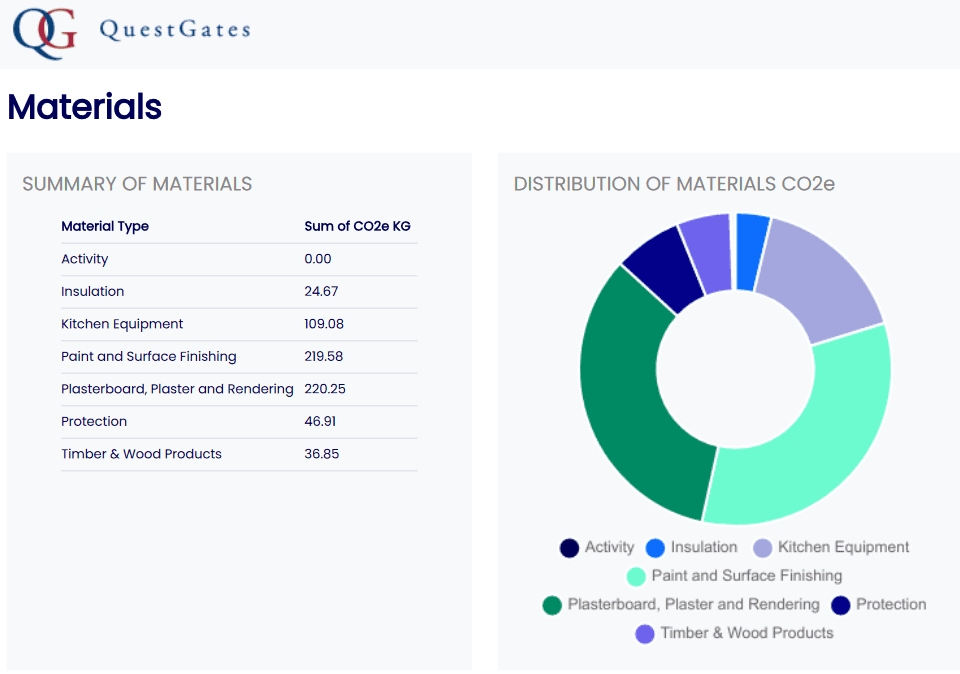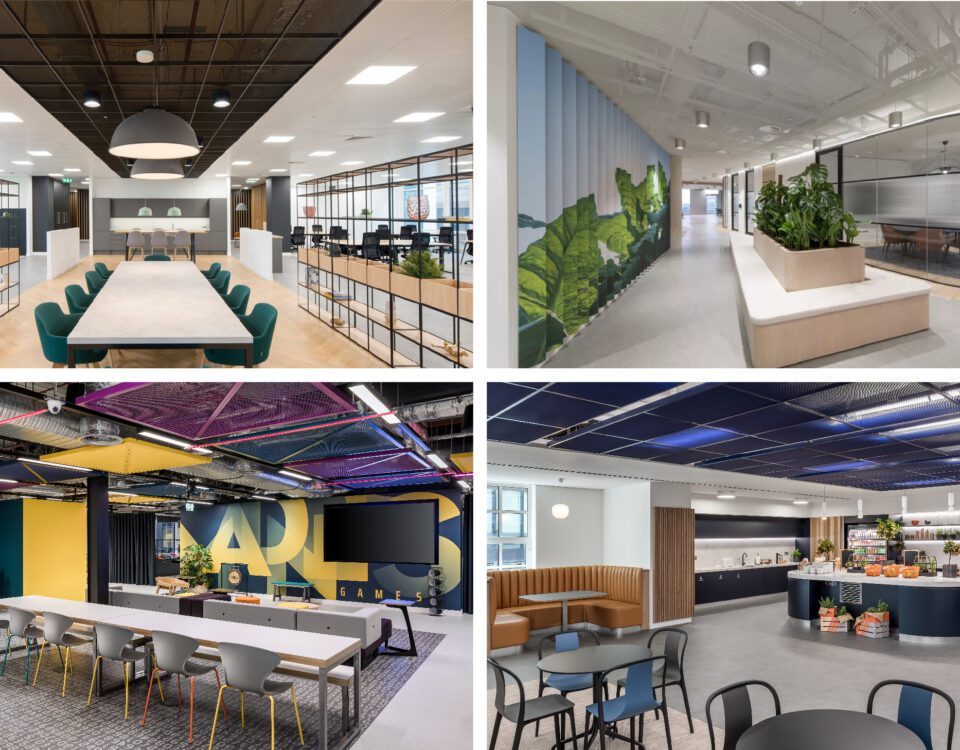Frobishers chooses a life cycle assessment (LCA) for products

South West drinks brand Frobishers has an ambitious plan to make its products carbon neutral. Managing director David Pearce explains why it has chosen to carry out a life cycle assessment (LCA) with Blue Marble
Pop into any decent pub in the UK and there’s a good chance the non-alcoholic options behind the bar will include Frobishers’ fruit juices and sparkling softies. It’s one of the most recognisable food and drink brands in the South West and beyond.
The business has expanded exponentially since founder Mike Dowdeswell started selling not-from-concentrate apple juice from the boot of his car in the 1990s.
Managing director David Pearce was part of the team that took over Frobishers in 2009, broadening and evolving its product range, output and branding.

LCA for products
As well as gaining carbon-neutral certification for the company, David and his team are determined to make their products carbon neutral too.
‘We’ve asked our suppliers lots of questions but the story is incomplete, so we’re doing a life cycle assessment (LCA) with Blue Marble to help us gauge the scale of the challenge,’ says David.
The LCA will identify the environmental impact of the products from branch to bottle and beyond, with the aim of revealing how much carbon the company would need to offset to certify its products as carbon neutral. The other benefit is that it will help Frobishers select suppliers that are more sustainable.
LCA brings transparency
Transparency is a priority for the team, so they hope that undertaking the LCA will help them showcase the company’s eco credentials.
‘We want to be very honest with our customers,’ says operations manager Becca Winmill. ‘We’re aware that we have advertised Frobishers as carbon neutral and people could easily assume that means the products themselves are carbon neutral (which they are not currently). We’re genuinely trying to do the right thing so we can better inform our customers.’
The report will help the team identify which stages of the supply chain are most critical to focus on. They’ll then review how to reduce emissions as much as possible before offsetting to get their products to a carbon neutral status.
EU legislation compliance
Not long after David and his team acquired the company, a change in reporting requirements resulting from updated EU legislation on producer-waste packaging landed the company with a £12,000 penalty (donated to an environmental project). At the time, there was a general lack of education on the topic and many businesses were impacted by this change in reporting requirements. David says the experience was the catalyst for Frobishers’ sustainability ambitions. ‘It gave us a greater sense of the value of the product we were putting into the waste stream,’ he explains.
Carbon footprint of supply chain
Since then, Frobishers has donated to several environmental charities (including The Wildlife Trusts and UNICEF) and worked towards carbon-neutral certification with Blue Marble. To achieve its carbon goal, the company reviewed its practices and set about making changes in line with Scopes 1 and 2, such as installing low-energy lighting throughout its premises, switching to a renewable energy supplier and ensuring its vehicles were hybrid or fully electric, but when it came to the business’ supply chain (Scope 3) it had little control over carbon output.
‘The reality is that tropical and citrus fruits can’t be grown in the UK, therefore we have no option but to source them from further afield, so the carbon footprint starts increasing,’ explains David.
Carbon offsetting
David and his team work closely with companies in their supply chain and encourage them to reduce their own carbon footprint, but as a relatively small player in a huge industry it takes many voices to effect change.
‘When you’re a small company, you have limited influence to pass up the supply chain. We can make suggestions based on our own learnings, but it’s not as simple as saying, “I want you to put turbines in your orange groves and solar panels on the roof of your bottling plant”,’ says David.
Despite these hurdles, Frobishers was awarded carbon-neutral certification by making changes at its HQ and offsetting carbon via two projects (one in Zimbabwe, the other in Tajikistan.
If you’d like our help with your business’ journey, get in touch here.

Head of Advisory
Sam joined Blue Marble in January 2022 and heads up Blue Marble’s Advisory division, conducting Life Cycle Assessments (LCA) and producing Environmental Product Declarations (EPD) on a range of commercial products. He has experience of conducting LCA in fashion, FMCG, construction, electronics and sustainability sectors.



